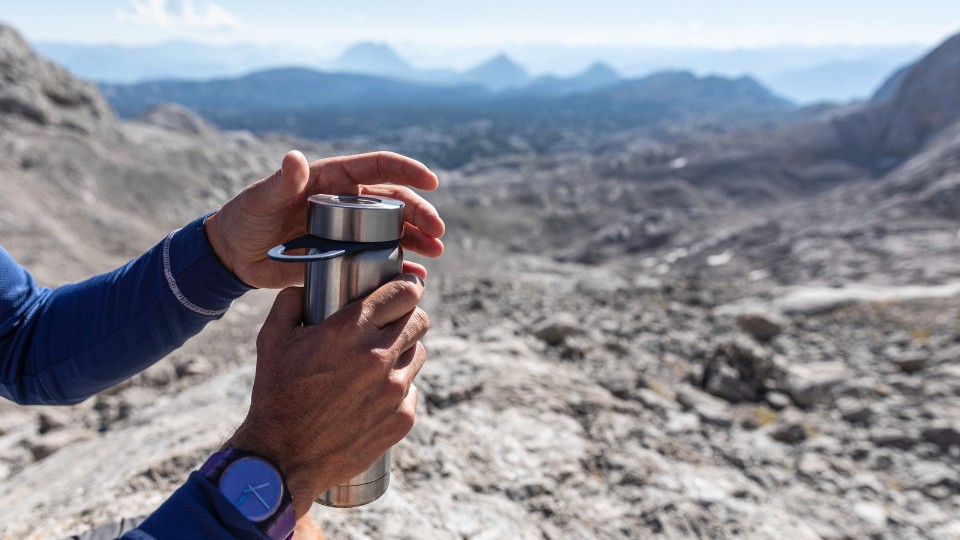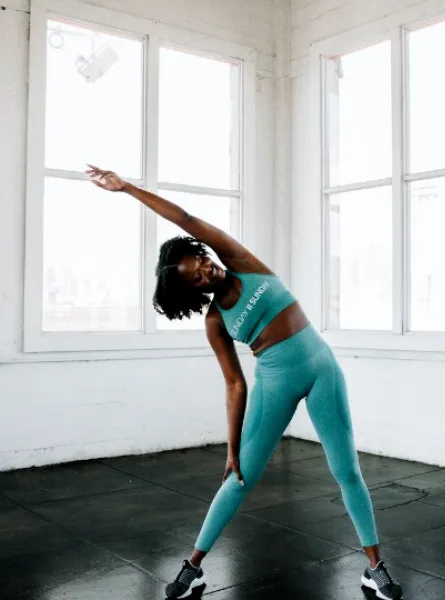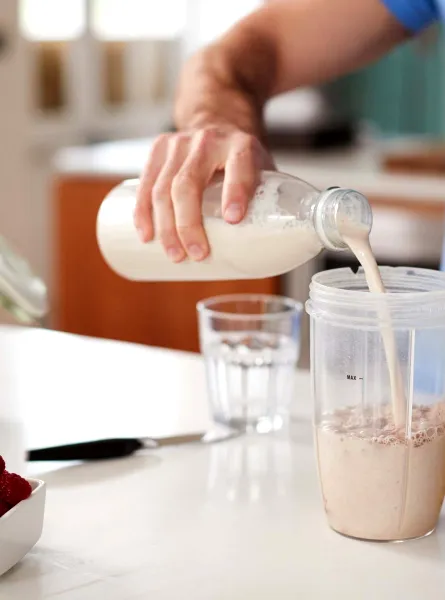
With summer in full swing, there's no need to remind you that hydration is essential to ensure proper performance and recovery, no matter what sport you're engaged in. Whether it's during training or competition, it's better to be prepared to avoid the unpleasant consequences of dehydration.
Beware of the harmful effects!
With moderate dehydration, you may experience a loss of appetite, nausea, dry mouth, headaches, and palpitations. However, severe dehydration can lead to dizziness, difficulty breathing, extreme fatigue, and even hallucinations. Not very practical when it comes to performing, not to mention it can also put your life at risk!
So here are 7 tips to ensure you're well-hydrated for optimal performance:
1. Water + Carbohydrates + Sodium
This is the winning trio when it comes to ensuring optimal hydration! It allows for better hydration than simply drinking water. Sodium could also reduce the risk of cramps, while carbohydrates provide energy for better performance. For every 100 mL of water, aim for 4-8 g of carbohydrates and 50-70 mg of sodium.
2. Start well-hydrated
Although adequate hydration before, during, and after exercise is optimal, hydrating well before exercise helps reduce body temperature and heart rate. It can also allow you to start sweating earlier during exercise. Sweating is a natural mechanism of our body and helps maintain adequate body temperature. In a performance context, this can be a winning strategy!
3. Small sips, short intervals
To reduce gastrointestinal discomfort and ensure better hydration, it's better to focus on the frequency of hydration. During exercise, try to drink small quantities of liquids as often as possible. For example, drinking 150 to 350 ml of water every 20 minutes (in small sips) could be a good strategy.
4. Carbohydrates in liquid form
During longer-duration efforts, carbohydrates are necessary to replenish energy and facilitate hydration. Why not opt for liquid carbohydrate sources like sports drinks rather than solid carbohydrates (gels, bars, etc.) when it's hot?
5. Liquid is still liquid
What should you do with tea, coffee, or energy drinks? Do they cause you to lose water? Not entirely. It's true that these drinks are not as hydrating as a sports drink or a large glass of water because they have a diuretic effect (meaning they stimulate water loss through urine). However, they are still liquids. You can consume them based on your digestive tolerance and judgment.
6. Monitor your urine!
To check if you're well-hydrated, there's nothing better than looking at the color of your urine. In general, you should aim for "lemonade-like" urine.
7. Take the time to create a hydration plan
Having a personalized hydration plan can be beneficial. This allows you to determine the quantities of fluids needed during training and competitions, as well as the moments, frequency, and types of fluids suitable for your needs. Fortunately, you can contact a registered dietitian-nutritionist to develop the best hydration strategies tailored to your condition!
Alternatively, for those who want to do their own calculations, it's generally recommended to consume 1 mL of water for every calorie expended. However, keep in mind that this calculation is only an estimate, and it's better to consult a professional in case of doubt!
Source: Nutrition, Sport, and Performance - Marielle Ledoux, Natalie Lacombe & Geneviève St-Martin





